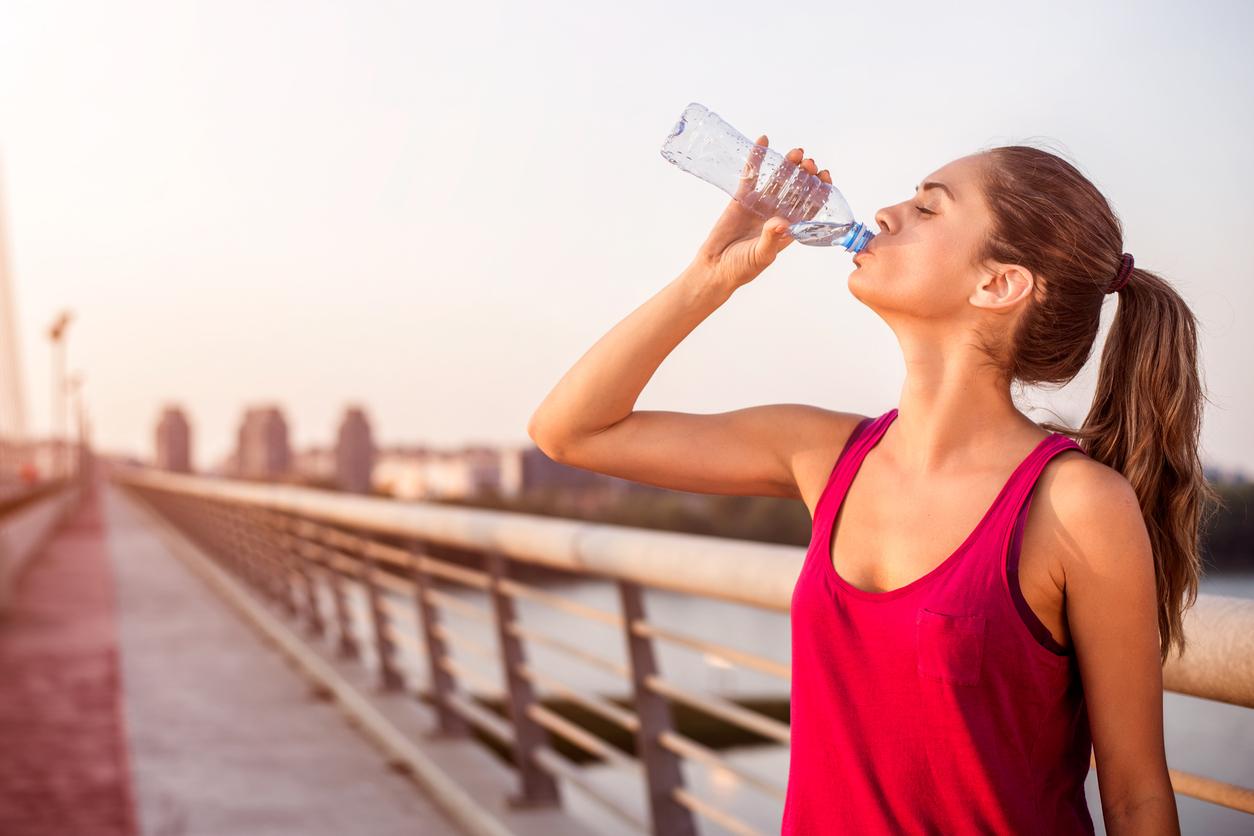The dangerous reason why some 're-usable' plastic water bottles ought not to be re-filled
It’s something we all do but it could be seriously harmful

Your support helps us to tell the story
From reproductive rights to climate change to Big Tech, The Independent is on the ground when the story is developing. Whether it's investigating the financials of Elon Musk's pro-Trump PAC or producing our latest documentary, 'The A Word', which shines a light on the American women fighting for reproductive rights, we know how important it is to parse out the facts from the messaging.
At such a critical moment in US history, we need reporters on the ground. Your donation allows us to keep sending journalists to speak to both sides of the story.
The Independent is trusted by Americans across the entire political spectrum. And unlike many other quality news outlets, we choose not to lock Americans out of our reporting and analysis with paywalls. We believe quality journalism should be available to everyone, paid for by those who can afford it.
Your support makes all the difference.With temperatures soaring we should all be reaching for the water to stay hydrated. But, if you’re the kind of person that likes to refill your plastic bottle each day you could actually be doing more harm than good.
That’s because some of those bottles you’re constantly replenishing are made from plastic containing Bisphenol A (BPA) – a controversial chemical, which is used in the manufacture of a wide variety of household items and is thought to interfere with sex hormones. The chemical isn't found in 'single-use' water bottles, which are made from PET plastic.
"Certain chemicals found in [some] plastic bottles can have effects on every system in our bodies,’ Dr Marilyn Glenville warned Good Housekeeping.
"They can affect ovulation, and increase our risk of hormonally driven problems like PCOS, endometriosis and breast cancer, among other things."
It’s a sentiment shared by the NHS too, which has confirmed BPA has the potential to migrate into beverages. However, they have suggested that more research is required into the affects of the chemical on humans.
It said: "The science is not yet completely clear on how BPA may affect humans. BPA may mimic hormones and interfere with the endocrine system of glands, which release hormones around the body.
"Those calling for a ban suggest that it may be a factor in a rising numbers of human illnesses, such as breast cancer, heart disease and genital birth defects."
But aside from this, there is another potentially worrying side effect of topping up your water bottle – bacteria.
In a study conducted by Treadmill Reviews, researchers lab-tested water bottles after each had been used by an athlete for a week and found that the highest number of bacteria reached over 900,000 colony forming units per square cm on average.
Worryingly, that's more bacteria than the average toilet seat.
It also found that 60 per cent of the germs they found on the water bottles were able to make people sick.
So what can you do to avoid becoming ill?
It’s simple really - don’t re-use bottles endlessly if they are made from plastic containing BPA.
It’s also a great idea to buy BPA-free plastic bottles where possible or invest in a refillable one made out of glass or stainless steel.
But remember: when you dispose of your bottle, recycle it!
Join our commenting forum
Join thought-provoking conversations, follow other Independent readers and see their replies
Comments